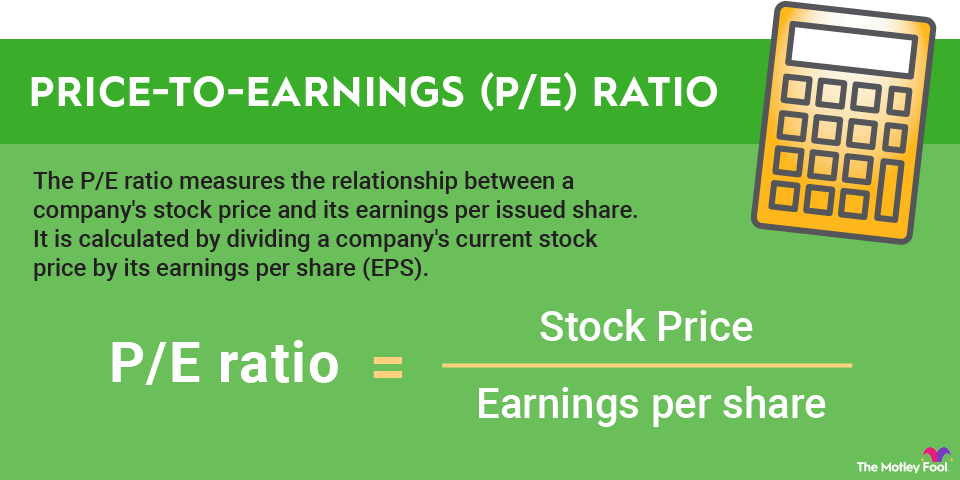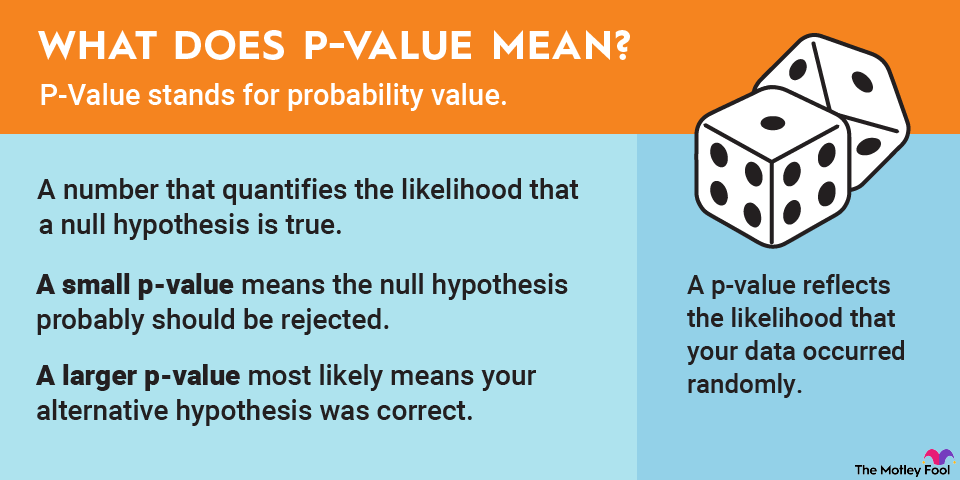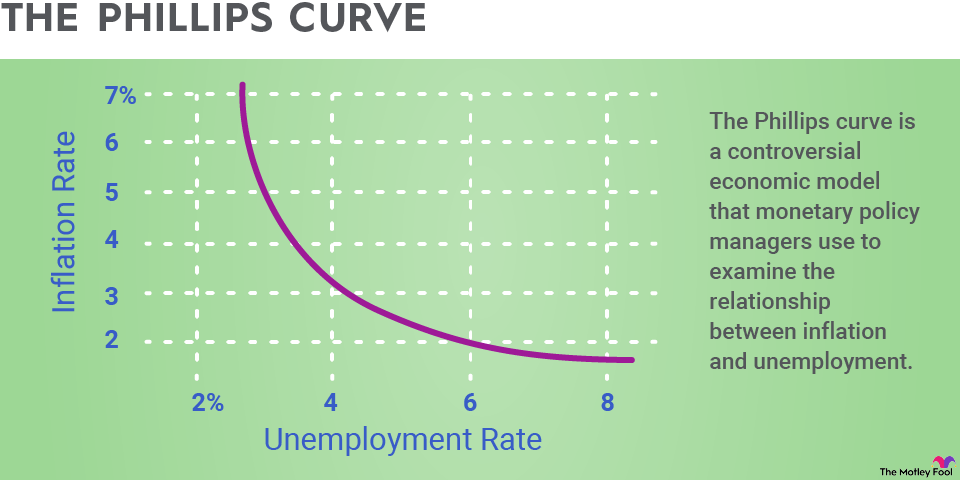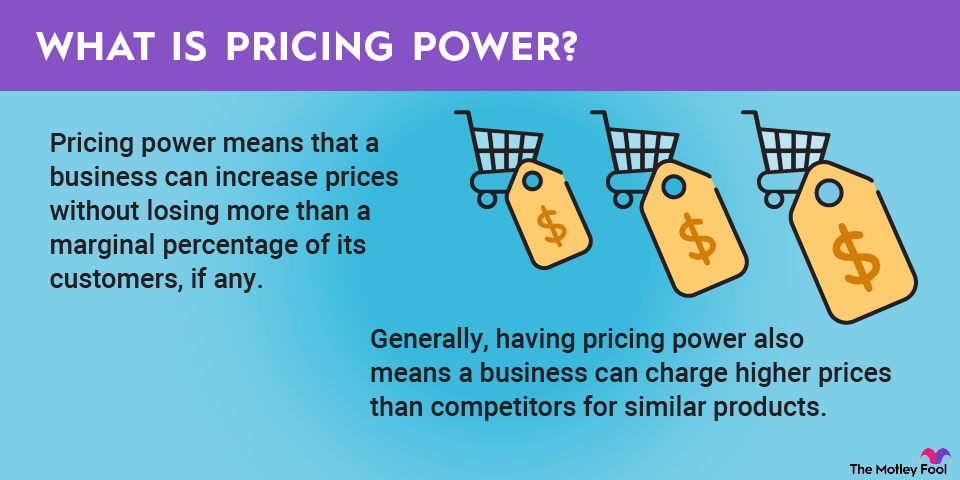Private equity is an investment partnership between a private equity firm and sophisticated investors, such as institutional and accredited investors. These investors pool their money into a fund managed by a private equity firm that invests it on their behalf, typically making equity investments into controlled companies. Private equity funds are usually illiquid investments with time horizons that can top 10 years.

What does private equity mean?
Private equity is an alternative investment strategy not available to the public. Most private equity funds are only open to institutional investors, including pension funds, sovereign wealth funds, and insurance companies, as well as accredited investors who typically are high-net-worth individuals or people with a high income. Most private equity investments are either in privately held companies or in public companies they take private.
The firm takes an equity investment -- an ownership interest -- in the company, usually for a controlling stake that gives the sponsor the power to make operational changes that increase the company's value.
How do private equity firms make money?
Private equity firms are investment advisors. They typically earn several revenue streams from investors in their funds, including management fees, a promote (also known as carried interest or performance revenues), and other related fees such as an acquisition or disposition fee.
Private equity fund investors pay sponsors a recurring management or advisory fee to manage their investment. The fee is usually 2% (or less) per year, based on the assets under management (AUM).
Private equity fund sponsors also earn a share of the profits generated by the investments in their fund after reaching a specific return. This promote, or carried interest, often involves splitting a share of profits. The most common is an 80/20 split, with fund investors getting 80% of the profits earned from an investment above a specific return while the sponsor receives the remaining 20% share. In addition, some private equity sponsors will charge their investors other fees, such as a bonus, when they close an acquisition.
Why do investors choose private equity?
Institutions and retail investors choose alternative investments like private equity because they have historically outperformed the public stock and bond markets with less volatility, even with sponsor fees. According to data from Cambridge Associates, U.S. private equity has delivered an average annual net return of 13.8% for its investors over the 25-year period ending in mid-2022. That compares to average annual returns of 7.9% return for the Russell 2000 and 8.3% for the S&P 500 during that time frame.



















